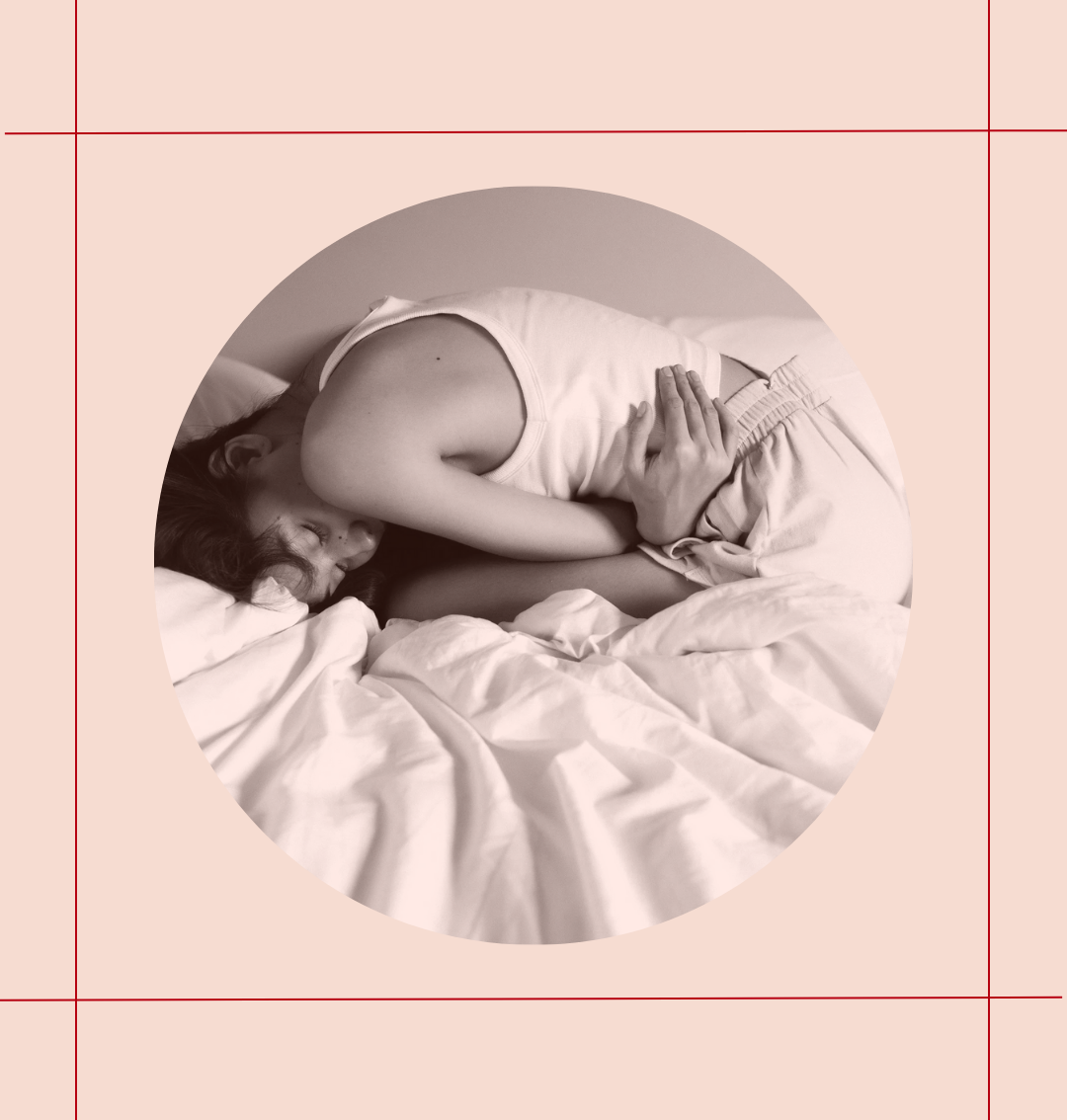
PCOS Awareness: Symptoms, Causes & Treatments
- 11th March 2025
Polycystic Ovary Syndrome (PCOS) is a common hormonal disorder that affects millions of women worldwide. It can lead to irregular menstrual cycles, infertility, and other health complications if left untreated. Raising awareness about PCOS is crucial to help women understand the condition, recognize its symptoms, and seek appropriate treatment.
What is PCOS?
PCOS is a hormonal imbalance that affects the ovaries, leading to irregular ovulation or lack of ovulation. Women with PCOS often have higher levels of androgens (male hormones), which can cause various symptoms, including excessive hair growth and acne. Additionally, small fluid-filled sacs (cysts) may develop on the ovaries, although not all women with PCOS have cysts.
Symptoms of PCOS
The symptoms of PCOS can vary from person to person, but common signs include:
Irregular or absent periods – Due to irregular ovulation or anovulation.
Excessive hair growth (hirsutism) – Often on the face, chest, or back due to increased androgen levels.
Acne and oily skin – Hormonal imbalances can trigger persistent acne.
Weight gain or difficulty losing weight – Many women with PCOS experience metabolic issues.
Thinning hair or hair loss – Similar to male-pattern baldness.
Darkening of the skin – Particularly in body creases like the neck, groin, or under the breasts.
Fertility issues – PCOS is one of the leading causes of female infertility.
Mood swings and depression – Hormonal imbalances may contribute to anxiety and mood disorders.
Causes of PCOS
The exact cause of PCOS is unknown, but several factors contribute to its development:
Genetics – PCOS often runs in families.
Insulin resistance – High insulin levels can lead to excess androgen production, affecting ovulation.
Hormonal imbalances – Elevated levels of androgens disrupt normal reproductive functions.
Inflammation – Chronic low-grade inflammation is linked to increased androgen levels in some women.
Treatment Options for PCOS
While there is no cure for PCOS, various treatment options help manage symptoms and reduce complications.
1. Lifestyle Modifications
Healthy diet – Eating a balanced diet with low sugar and high fiber can help regulate insulin levels.
Regular exercise – Physical activity improves insulin sensitivity and promotes weight management.
Weight loss – Even a small reduction in weight (5-10%) can improve symptoms and regulate menstrual cycles.
2. Medications
Birth control pills – Help regulate periods and lower androgen levels.
Metformin – Used to improve insulin sensitivity and regulate blood sugar levels.
Anti-androgen medications – Reduce excessive hair growth and acne.
Fertility treatments – Medications like Clomid or letrozole may help stimulate ovulation.
3. Natural Remedies & Supplements
Inositol – A natural supplement that helps improve insulin resistance and ovulation.
Spearmint tea – Known to reduce excessive androgen levels and control hair growth.
Vitamin D & Omega-3s – Essential for hormonal balance and overall health.
4. Stress Management
Yoga & meditation – Help lower stress levels and balance hormones.
Adequate sleep – Poor sleep can worsen hormonal imbalances, so aim for 7-9 hours of quality rest.
Conclusion
PCOS is a complex condition that requires long-term management, but with the right approach, symptoms can be controlled effectively. Raising awareness about PCOS helps women seek timely medical attention and make informed lifestyle changes. If you suspect you have PCOS, consulting a healthcare professional for diagnosis and personalized treatment is essential.
By staying informed and proactive, women with PCOS can lead healthier lives and reduce the risk of complications such as diabetes, heart disease, and infertility.





